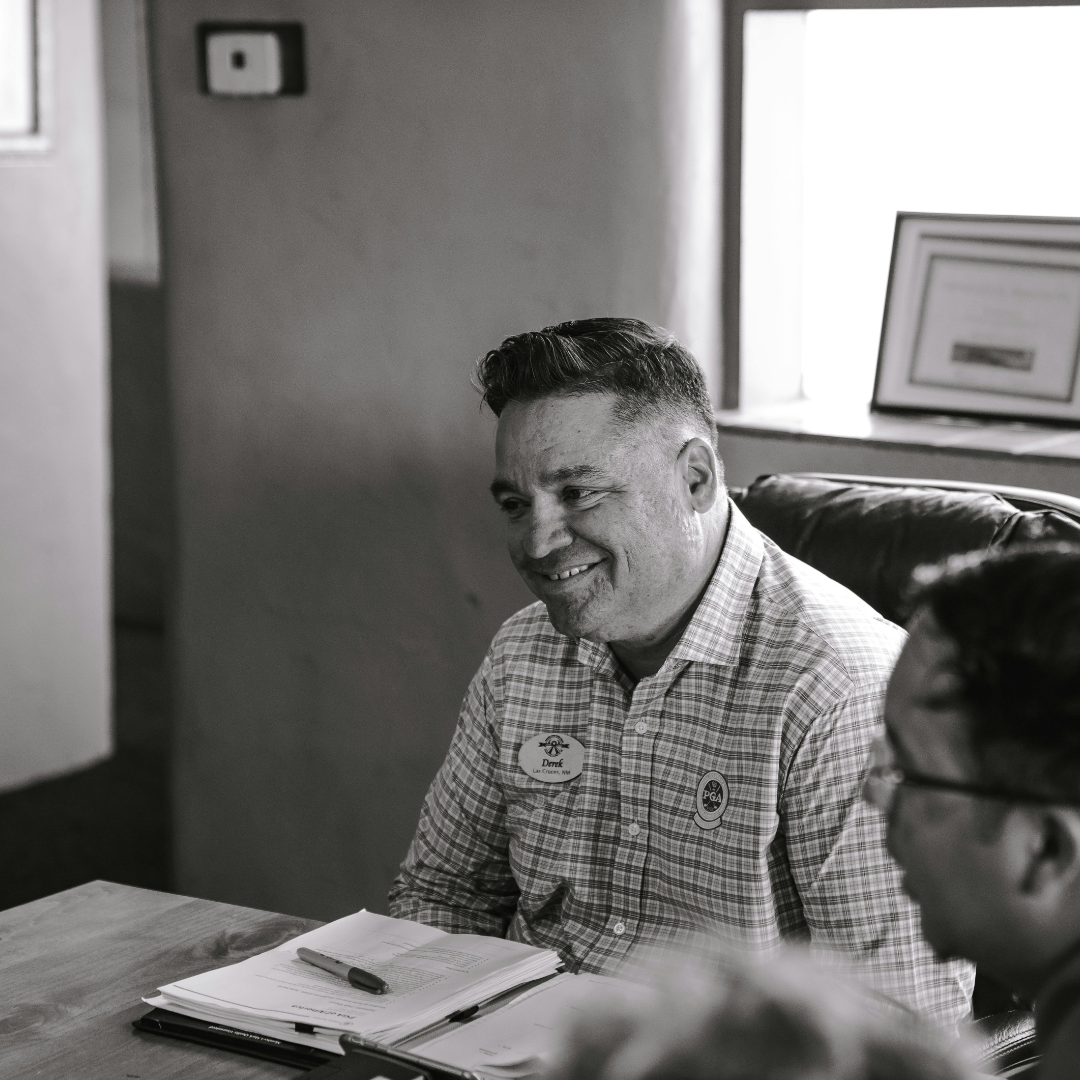The Power of Self-Love and Self-Care in Recovery

Recovery, whether from addiction, trauma, or mental health challenges, is a deeply personal journey that involves much more than just overcoming the initial hurdle. It requires continuous effort, dedication, and, most importantly, a profound commitment to self-love and self-care. These two elements are the bedrock upon which a successful and sustainable recovery is built. They empower individuals to rebuild their lives, foster resilience, and cultivate a healthier relationship with themselves.
Understanding Self-Love and Self-Care
Self-love is the practice of valuing oneself, recognizing one’s worth, and treating oneself with compassion and respect. It involves accepting oneself fully, including all imperfections, and understanding that one is deserving of love and happiness.
Self-care refers to the actions and practices that individuals engage in regularly to maintain and enhance their physical, mental, and emotional well-being. It encompasses a wide range of activities, from basic health maintenance, like eating well and exercising, to more personal and emotional practices, such as setting boundaries and taking time for relaxation.
The Role of Self-Love in Recovery
- Building Resilience: Self-love fosters resilience, which is crucial in recovery. When individuals love and value themselves, they are more likely to persevere through challenges and setbacks. They understand that mistakes are a part of the journey and do not define their worth.
- Counteracting Negative Self-Talk: Recovery often involves battling negative self-perceptions and inner critics. Self-love helps counteract this negative self-talk by reinforcing positive affirmations and self-acceptance. It shifts the internal dialogue from self-criticism to self-compassion.
- Motivation for Change: When individuals love themselves, they are more motivated to make positive changes in their lives. They recognize that they deserve to live a healthy and fulfilling life, which drives them to continue their recovery efforts.
- Establishing Healthy Relationships: Self-love lays the foundation for healthy relationships with others. It allows individuals to set boundaries, communicate their needs effectively, and avoid toxic relationships that can hinder their recovery.
The Importance of Self-Care in Recovery
- Physical Well-Being: Physical health is a critical component of recovery. Regular exercise, proper nutrition, adequate sleep, and routine medical check-ups help restore and maintain the body’s health. When individuals prioritize their physical well-being, they have the energy and strength needed to navigate the challenges of recovery.
- Mental and Emotional Health: Self-care practices such as mindfulness, meditation, journaling, and therapy can significantly improve mental and emotional health. These practices help individuals process their emotions, reduce stress, and develop a clearer and more positive mindset.
- Preventing Relapse: Regular self-care reduces the risk of relapse by helping individuals manage triggers and stressors more effectively. It creates a balanced and stable lifestyle that supports long-term recovery.
- Enhancing Quality of Life: Self-care activities, including hobbies, socializing, and engaging in enjoyable activities, enhance overall quality of life. They provide joy and satisfaction, which are essential for a well-rounded and fulfilling recovery journey.
Integrating Self-Love and Self-Care into Daily Life
- Developing a Routine: Establishing a daily routine that includes time for self-care is essential. This might involve setting aside specific times for exercise, meditation, healthy meals, and other self-care activities. Consistency is key to making self-care a habitual part of life.
- Setting Boundaries: Learning to say no and setting healthy boundaries is crucial for protecting one’s time and energy. This can involve limiting time spent with negative influences or avoiding situations that trigger stress or unhealthy behaviors.https://creativecloud.adobe.com/apps/all/desktop
- Seeking Support: Building a support network of friends, family, or support groups can provide encouragement and accountability. It’s important to have people who understand and support the recovery journey.
- Practicing Self-Compassion: Self-compassion involves being kind to oneself, especially during difficult times. It means recognizing that everyone makes mistakes and that setbacks are a natural part of the recovery process.
- Engaging in Mindfulness: Mindfulness practices, such as meditation and deep breathing exercises, help individuals stay present and connected to their inner selves. This awareness can enhance emotional regulation and reduce stress.
- Pursuing Hobbies and Interests: Engaging in activities that bring joy and satisfaction is a vital part of self-care. Whether it’s painting, gardening, reading, or any other hobby, these activities provide a sense of accomplishment and pleasure.
Overcoming Barriers to Self-Love and Self-Care
- Guilt and Shame: Many individuals in recovery struggle with feelings of guilt and shame. It’s important to address these emotions through therapy or support groups and to recognize that self-love and self-care are not selfish but necessary for healing.
- Time Management: Finding time for self-care can be challenging, especially with busy schedules. Prioritizing self-care and integrating it into daily routines can help overcome this barrier.
- Financial Constraints: Some self-care activities, like spa treatments or vacations, can be expensive. However, many effective self-care practices, such as walking, meditation, or reading, are low-cost or free.
- Cultural and Societal Pressures: Societal norms and cultural expectations can sometimes discourage self-care by promoting self-sacrifice and overwork. It’s important to challenge these norms and prioritize one’s well-being.
Embracing a Healthier Future
Self-love and self-care are indispensable components of a successful recovery journey. They empower individuals to rebuild their lives, foster resilience, and cultivate a healthier relationship with themselves. By prioritizing self-love and integrating self-care into daily routines, individuals can navigate the challenges of recovery with greater strength and resilience. Ultimately, self-love and self-care not only support recovery but also pave the way for a healthier, happier, and more fulfilling life.




